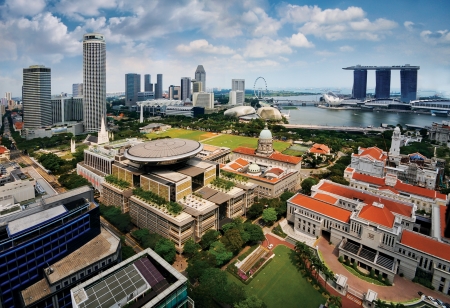
Dyson has announced plans to build a new battery factory in Singapore, in addition to investments in technology centres in the United Kingdom and the Philippines.
The billionaire Sir James Dyson's company said the investments in Bristol, UK, and Santo Tomas, Philippines, would be worth £100 million and £166 million, respectively. The Singapore investment will be much larger.
The plan maintains Dyson's strategy of locating manufacturing operations outside the United Kingdom while keeping research and development functions in the United Kingdom, including its research and robotics facilities in Malmesbury and Hullavington, Wiltshire.
James Dyson was one of the most prominent business supporters of the United Kingdom's exit from the European Union, arguing that the UK would gain more than it would lose. However, in 2019, he was chastised for relocating the company's headquarters to Singapore, where it already had factories.
Dyson stated that the west Singapore plant would be its largest investment in "advanced manufacturing" to date. The Philippines technology centre, which will employ 400 new engineers, will double the amount of factory space dedicated to advanced technologies, according to the company.
Although the company stated that the central Bristol location would replace existing office space, it will house hundreds of software and AI engineers.
The founder's son, Jake Dyson, said the Bristol site would hire more "software, AI, and connectivity engineers."
Dyson stated that the Singapore plant would produce batteries using proprietary new technology. It declined to provide additional information on the battery technology that would be used, citing commercial sensitivities, but it is understood that the company believes it can create smaller, lighter, and more energy-dense batteries to power its gadgets. Battery technology development was a key component of Dyson's plans to manufacture an electric car, which were later scrapped due to the prohibitively high costs.
"Next-generation battery technology will drive a major revolution in the performance and sustainability of Dyson's machines," according to James Dyson.

